Donbas is today’s Sudetenland
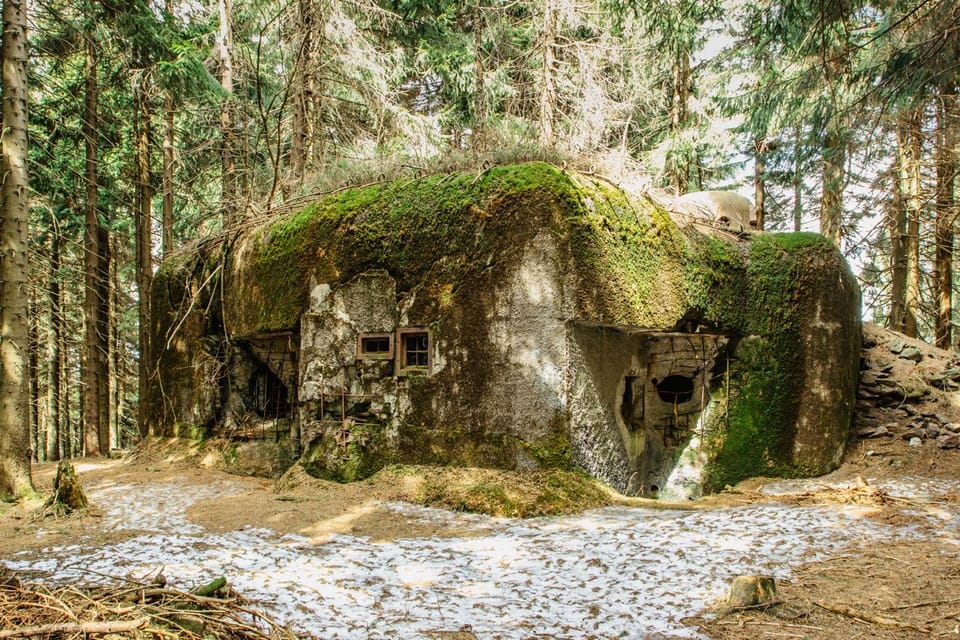
A real European peace plan would be one that reduces Putin’s strength at home or in Ukraine, forcing him to change his calculations. If the Russian people stop supporting him, if he cannot maintain the fight in Ukraine, if he sees that the West can support Ukraine longer than he can keep going – only then will his calculations start changing.
Recent announcements carried the very important message that the current contact line would be considered to be the starting point for negotiations. The idea was tentatively suggested by many in Europe, but now Zelenskyy has confirmed it officially. The idea has been characterised as an “acceptance of reality but without legal recognition”. This implies that there is nothing else that could be done to change this accepted reality, that Putin has control of the land and, at least militarily, there is nothing that could be done to change the status quo.
Call it what you want, but it is still Sudetenland de facto, if not de jure.
In 1938 it also seemed to many people that nothing could be done militarily and the Czech cause was lost, but in reality there was an opportunity to pin down German forces in Alsace, giving the Czechs a fighting chance. However, the decision was made by the British Prime Minister to surrender part of somebody else’s country to a dictator, because that seemed easier. Now, as in 1938, there were decisions that could have changed the course of the conflict if we had avoided delays, deliberations and appeasement. If only we would have fought to win.
I hear those arguing that Ukrainians have also agreed to this reality. The Czechs in 1938 agreed too. What else could they have done after their security guarantees collapsed? And yes, then, as now, there were people who thought surrendering rather than fighting the aggressor would prevent further bloodshed. But we know all too well how that went - the aggressors’ appetite only grew.
And we are being told that the countries supporting Ukraine are standing bravely against Putin’s demands to be handed over the territory he didn’t yet manage to conquer. Excuse me for asking, but what would happen if – by the time the ceasefire is agreed – Putin takes Donbas and demands Kharkiv? Would the Western position change somehow? Where is the line where we would say “not a step further”? If we don’t change our strategy, the line will continue crawling westward.
I have to say this: This is what Western failure looks like.
Occupied lands are not just territories or zones of interest, they are parts of a country, home to people who have fallen victim to an aggressor, home to the people that we have failed. And the aggressor will take this win and continue pushing for more. With or without a ceasefire.
Don’t get me started on the suggestion of the Finnish or Baltic scenarios as an example to be followed. Finland lost a chunk of its sovereignty and the Baltics lost their freedom. In cold geopolitical eyes we were seen as part of a “Soviet zone of influence”, too far from western reach to be offered meaningful support. And so the people there sank into the shadows of history where they remained for 50 years.
Maybe all of this is just a charade meant to show President Trump who the real villain is? He sees Putin is the one who refuses ceasefires while the Ukrainians accept. That should influence perceptions in the White House, and maybe it will in the future.
But today only one thing is certain – Putin is being handed a victory.
From the people in the reconquered territories of Ukraine, from the stories of eye witnesses in Chechnya, and from our own Baltic history we know very well what people have to suffer at the hands of Russian occupiers. Torture, rape, deportations and brainwashing have been and remain weapons used against the oppressed.
So forgive me if I am not celebrating a clause in a peace plan that sets the current contact line as the starting point for negotiations. I can’t shrug off the feeling that by repeating the mistakes of 1938 we are strolling into 1939.
If you appreciated this article and you would like to support our work, join Friends of Democracy today!
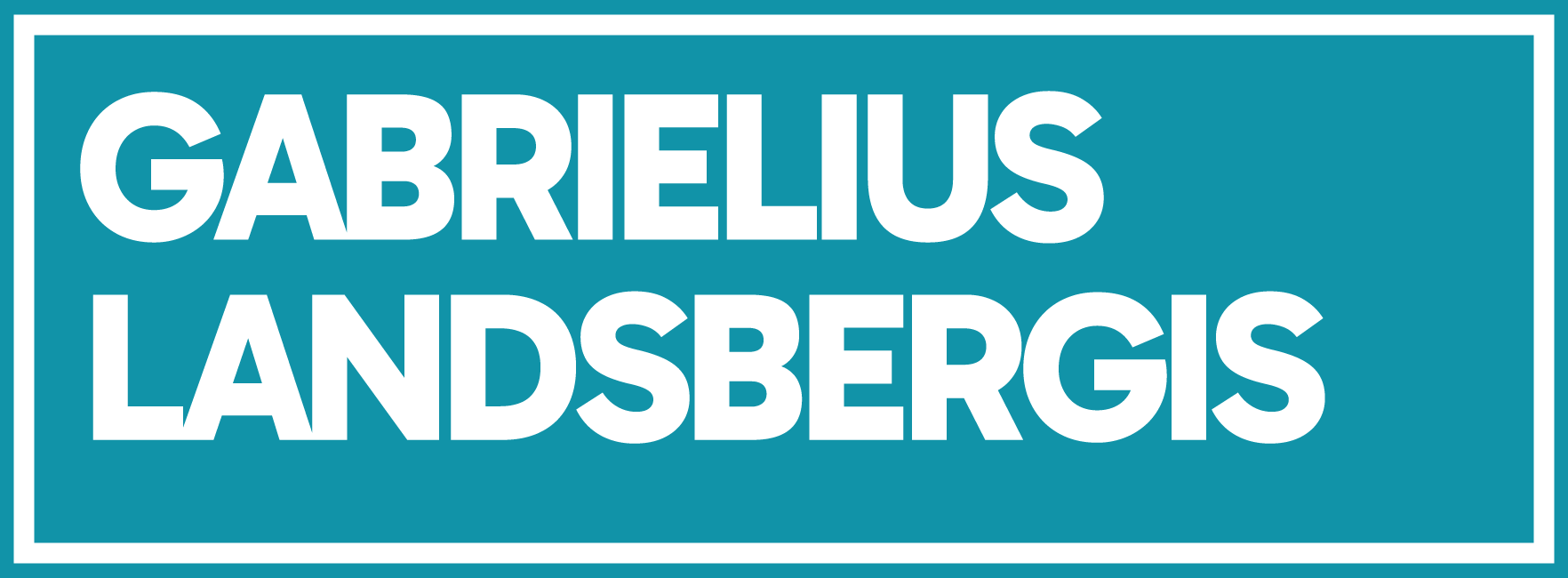
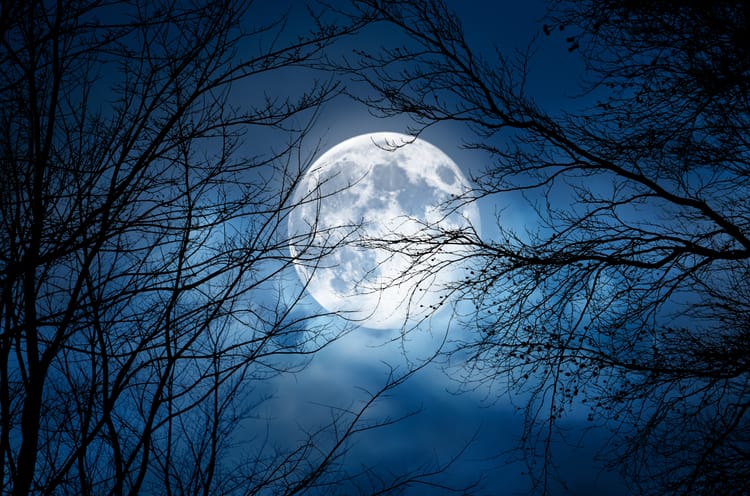
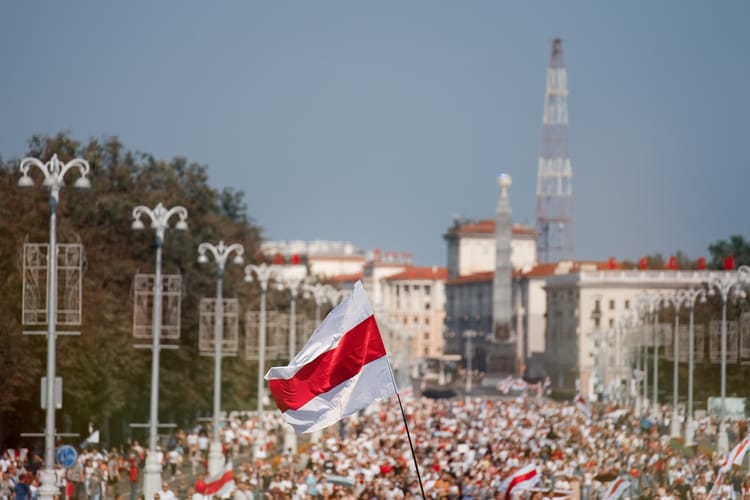
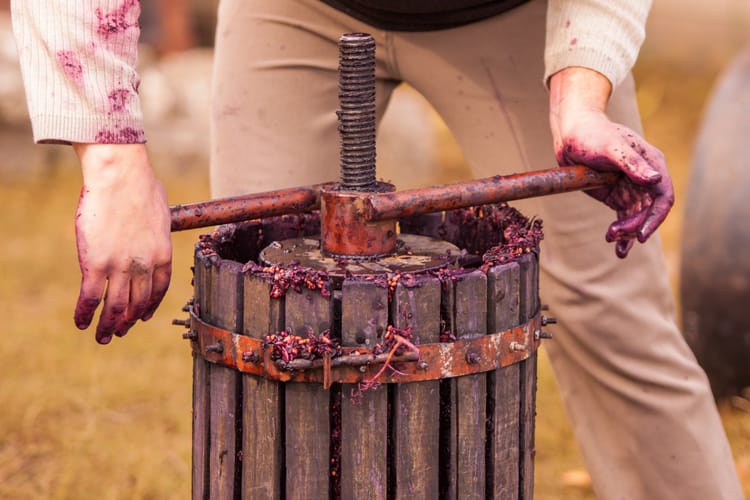
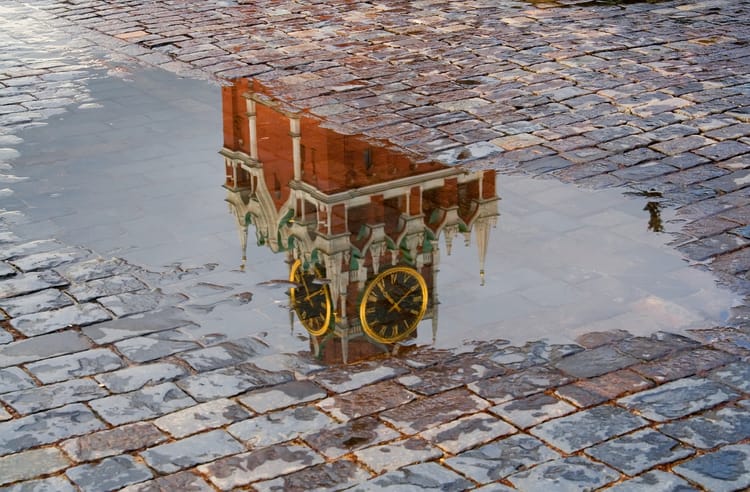

Member discussion